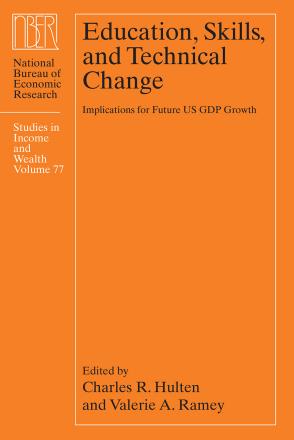Noncognitive Skills as Human Capital

Many studies have shown strong positive associations between “non-cognitive skills”—a broad and ill-defined category of metrics encompassing personality, socioemotional skills, and behaviors—and economic success and wellbeing. These traits appear to be malleable early in life, raising the possibility that early interventions can decrease inequality and enhance economic productivity. In this chapter, I discuss the extensive practical and conceptual barriers to using non-cognitive skill proxies in studies of economic growth. There is a lack of general agreement on what non-cognitive skills are and how to reliably measure them across developmental stages. A common reliance on behavioral indicators of skills ensures that both skill metrics themselves, and their payoffs, will be context-dependent. The interpretation of apparent skill gaps between demographic groups is particularly problematic. Using empirical examples based on the non-cognitive measures available in NLSY97 and Add Health data, I show that these indicators of adolescent skills have strong associations with educational attainment, but affect subsequent labor market outcomes only through education.
-
-
Copy CitationShelly Lundberg, Education, Skills, and Technical Change: Implications for Future US GDP Growth (University of Chicago Press, 2017), chap. 6, https://www.nber.org/books-and-chapters/education-skills-and-technical-change-implications-future-us-gdp-growth/noncognitive-skills-human-capital.Download Citation
-


